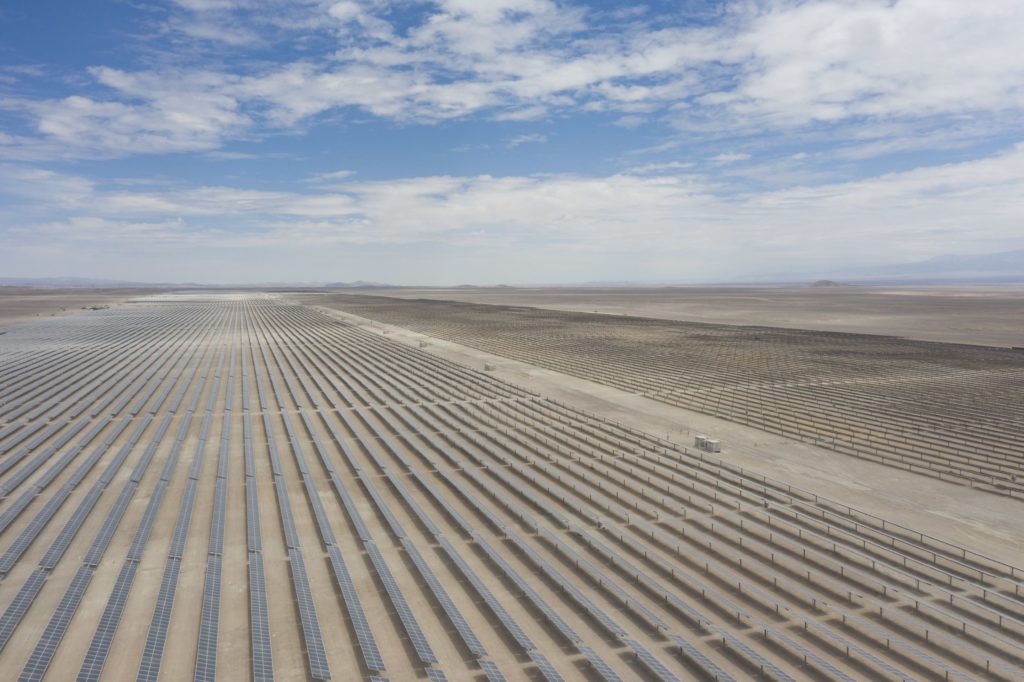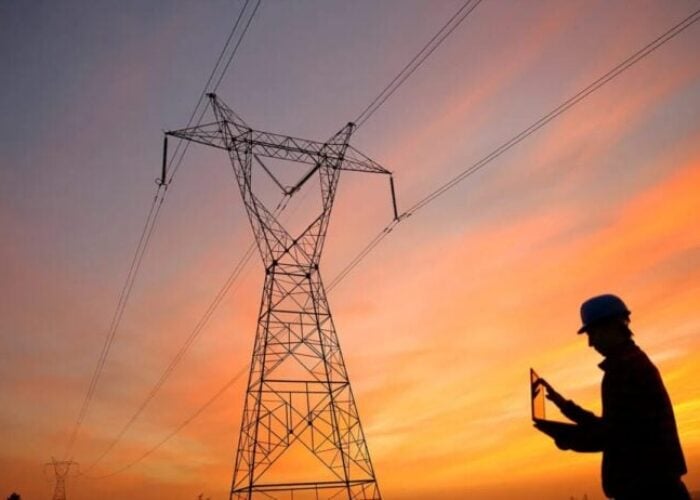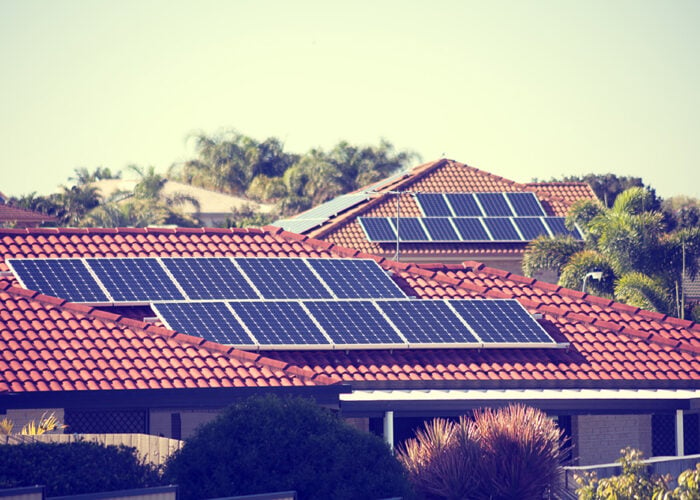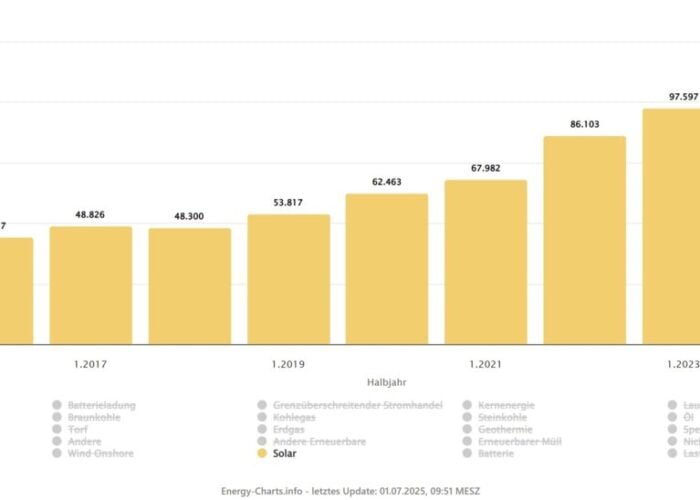
World leaders reached a final determination at the COP28 summit in Dubai, calling for a global effort to triple renewable energy capacity and “transition away” from fossil fuels. The solar industry has welcomed the new renewables target, but the Global Solar Council has warned that specific language around fossil fuels leaves “too many backdoors” open for countries not to sufficiently decarbonise.
“A few years ago, a global renewables target would have been inconceivable,” the council said in a statement. “The fact that the tripling target is included in final COP text – in a historically oil and gas country – is an unequivocal signal that renewables are in, and fossil fuels are out.”
Unlock unlimited access for 12 whole months of distinctive global analysis
Photovoltaics International is now included.
- Regular insight and analysis of the industry’s biggest developments
- In-depth interviews with the industry’s leading figures
- Unlimited digital access to the PV Tech Power journal catalogue
- Unlimited digital access to the Photovoltaics International journal catalogue
- Access to more than 1,000 technical papers
- Discounts on Solar Media’s portfolio of events, in-person and virtual
“But ‘recognising’ and ‘calling upon’ is not the same as ‘acting’,” the statement continues. “This text still leaves too many backdoors for countries to escape from taking meaningful action.”
European trade body SolarPower Europe made a similar distinction between the two portions of the outcome:
“What a momentous day,” said Máté Heisz, director of global affairs at SolarPower Europe. “The specific inclusion of solar, wind and storage for the first time signifies the critical role renewables must play in delivering a clean, and just energy transition this decade.”
“However, we’ve still missed an opportunity to phase out fossil fuels,” added Heisz. “The final outcome text falls short on coal and fossil fuel subsidies. It is also disappointing to see the recognition of the role for so-called ‘transitional fuels’ like natural gas – research shows that gas is not transitional.
The determination follows an announcement in the early days of the conference that 118 countries had signed the ‘Global Renewables and Energy Efficiency Pledge’ to triple global renewable energy capacity to 11TW by the end of the decade. This pledge notably excluded China and India, two of the world’s largest energy producers and consumers.
However, with both this pledge and the final COP28 determination, actions need to follow words.
There has been ongoing debate surrounding this year’s COP conference and its president, Sultan Al Jaber, who heads up his both country’s state-owned renewables developer, Masdar, and its national oil company, ADNOC.
This duality of interests, with a foot in both camps where one interest seemingly undermines the other, can perhaps be traced onto the text of the final conference outcome.
“Some of the biggest opposition that led to the removal of commitments to phase out fossil fuels in final text are also the markets with the most forecasted renewables growth,” said the Global Solar Council. “Renewables are already replacing fossil fuels in their markets and their policy positions need to catch up.”
But the determination is positive news for the solar industry and the development of solar PV in particular. Solar will play a significant role in the global renewables expansion, given its ease of deployment and cost efficiency over much of the world, as the levelised cost of energy (LCOE) for PV continues to fall.
The International Energy Agency (IEA) already expects solar to represent half of all new power capacity through 2030, alongside 1.2TW of global nameplate solar manufacturing capacity. Furthermore, PV Tech Premium recently spoke with Sonia Dunlop, the newly-appointed CEO of the Global Solar Council, who said that their message for the COP28 conference would be that ‘solar can deliver’.
Heisz concluded: “While a significant win for the renewable energy sector, we now need to follow this up with urgent action.”







